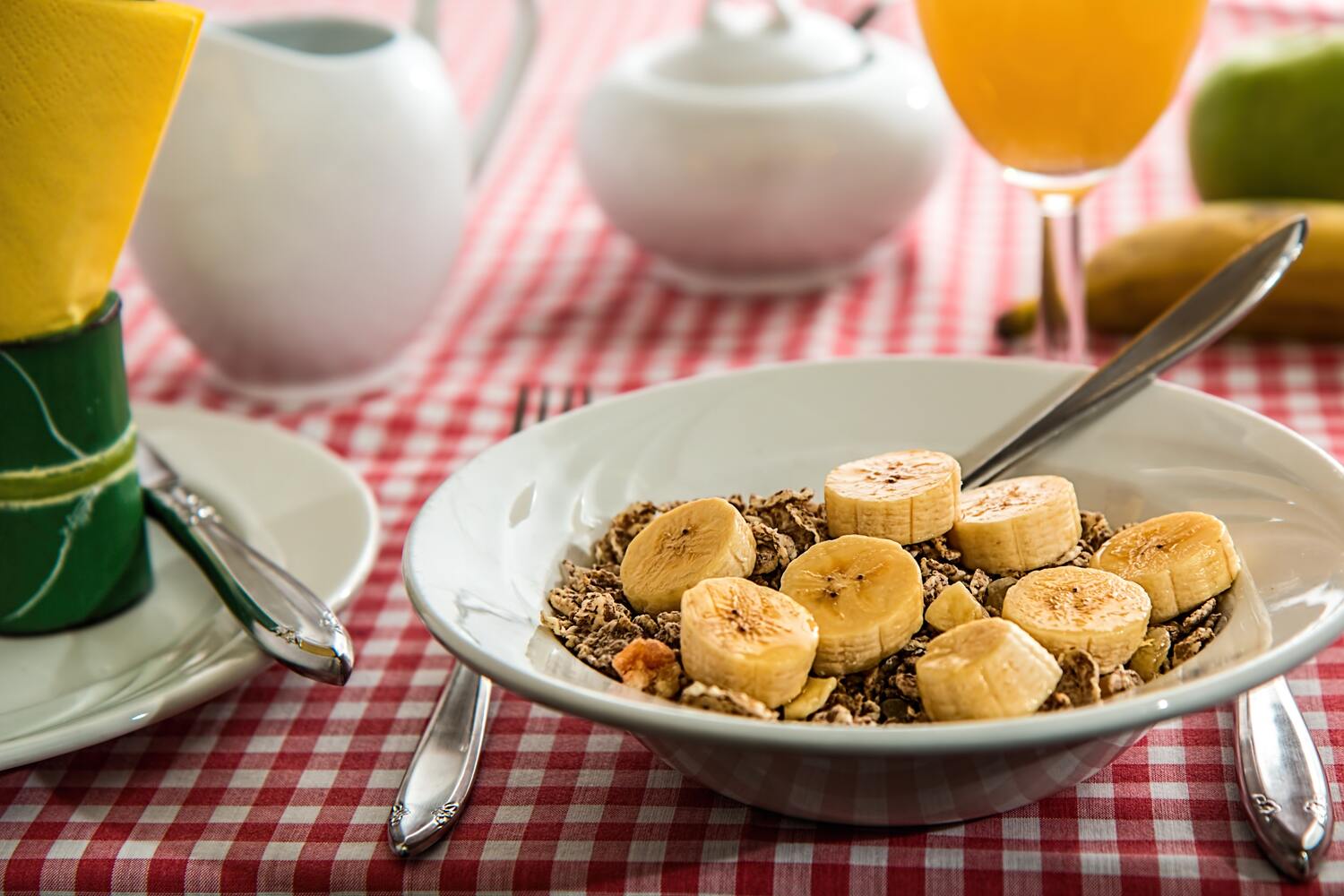Sometimes, all you need is a mood boost. And what could be better than getting that boost from the foods you eat? Believe it or not, there are plenty of foods that can help improve your mood. In this post, we'll take a look at some of the best mood-boosting foods around. So whether you're feeling down in the dumps or just looking for a little pick-me-up, these foods have you covered!
Nutrition and Mental Health
There are countless articles written on the importance of nutrition for physical health, but the connection between nutrition and mental health is often overlooked. Just as we need the right mix of nutrients to keep our bodies functioning optimally, so too do we need the right nutrients to support brain health.
Studies have shown that there is a strong relationship between nutrition and mental health, with poor diets being linked to mental disorders such as depression and anxiety. Conversely, diets rich in certain nutrients have improved mood and cognitive function. For example, omega-3 fatty acids, which are found in fish and nuts, have been linked to a reduced risk of depression.
Similarly, deficiencies in vitamin D and B vitamins have been associated with an increased risk of anxiety and depression. So the next time you're feeling down or anxious, try eating more healthy foods instead of comfort foods. It may not be a magic cure-all, but it could make a difference in how you feel.
What are Some Mood-Boosting Foods?
Dark chocolate
We all know that chocolate can be a delicious treat. But did you know that it can also improve your mood? That's right - the cacao in dark chocolate has been shown to increase serotonin levels in the brain, which can lead to an improvement in your mood and feelings of well-being.
Dark chocolate also contains a compound called theobromine, which has been shown to have mood-boosting effects. Theobromine is a stimulant that has improved your alertness and attention span. In addition, theobromine can also help in reducing anxiety and promoting relaxation.
That’s not all dark chocolate also contains flavonoids, which are antioxidants that have been linked to improved heart health. Flavonoids can also help to increase blood flow to the brain, which can improve cognitive function.
Nuts
Nuts are a good source of tryptophan, an amino acid that is converted into serotonin in the brain. Serotonin is a neurotransmitter that plays an important role in mood regulation. Low serotonin levels are linked to depression and anxiety, while higher levels are associated with feelings of calm and well-being. Studies have shown that eating nuts can increase serotonin levels and improve your mood.
Fatty acid-rich fish

Another amazing mood-boosting recipe you should try is fatty acid-rich fish like albacore tuna and salmon. Recent research has shown that omega-3 fatty acids can positively impact mental health, with studies finding that people who consume a diet rich in omega-3 fatty acids are less likely to suffer from depression and anxiety. Additionally, omega-3 fatty acids have been shown to improve cognitive function and protect against age-related mental decline.
Although there is no exact recommended intake, adults are advised to have at least 250-500 mg of combined EPA and DHA daily.
Blueberries
Blueberries have long been celebrated for their health benefits, and recent research has shown that they may also positively impact your mood. One of the key nutrients in blueberries is flavonoids, which are known to have antioxidant and anti-inflammatory properties that help protect the brain from damage caused by free radicals.
The blueberries may also have a positive effect on the brain by increasing serotonin levels, a hormone that helps regulate mood, anxiety, and sleeping patterns. So if you're looking for a natural way to boost your mood, reach for a handful of blueberries next time you need a pick-me-up.
Fermented foods
Fermented foods have been shown to improve mood and mental health. The beneficial bacteria in fermented foods help regulate the immune system and digestion. They also produce vitamins and other nutrients that are essential for good health.
One of the ways that fermented foods improve mood is by increasing serotonin levels. Fermented foods contain high levels of tryptophan, which is converted into serotonin in the brain. Additionally, fermentation increases the bioavailability of tryptophan, making it easier for the body to use.
The probiotics in fermented foods also help reduce inflammation, which has been linked to depression and other mood disorders. Studies have shown that people who consume fermented foods regularly are less likely to suffer from depression and anxiety.
However, it’s worth noting that not all fermented foods contain probiotics, such as some bread, wine, and beer.
Oats
It turns out that oats are rich in a type of fiber known as beta-glucan, which has been shown to help regulate blood sugar levels that impact mood. In addition, beta-glucan helps promote the growth of healthy gut bacteria. These bacteria produce compounds that are linked to improved mood and reduced stress levels. Finally, oats are also a good source of magnesium. This mineral has been shown to help reduce anxiety and improve sleep quality, both of which can impact mood.
Read more: The Health Benefits of Oats
Bananas

Bananas are more than just a delicious and nutritious snack. They can also have a positive effect on your mood. This is because bananas contain high levels of tryptophan, as is the case with fermented foods and nuts.
Bananas also contain high potassium levels, which are essential for proper nerve and muscle function. Potassium has been shown to reduce stress and tension, and can also help improve blood circulation, and in turn, promote relaxation.
In addition, bananas are a good source of vitamin B6, which is necessary for producing gamma-aminobutyric acid (GABA). GABA is a neurotransmitter that helps promote calmness and relaxation. Therefore, eating a banana can help improve your mood by increasing the levels of serotonin and GABA in the brain.
How Does Food Affect Your Mood?
Food can have a surprisingly powerful effect on your mood. A 2020 study published in the journal Clinical Psychopharmacol Neuroscience found that certain nutrients are closely linked with brain function and mood. For example, the study found that omega-3 fatty acids, which are found in fish and flaxseed, can help improve memory and reduce inflammation. In contrast, processed foods that are high in sugar and fat can actually interfere with brain function and lead to feelings of anxiety and depression.
Other factors such as sleep and exercise also affect the link between food and mood. When you’re well-rested and have plenty of energy, you’re more likely to make healthy choices about what you eat. Exercise also releases endorphins, which have mood-boosting properties.
So, if you’re feeling down, make sure to get plenty of rest and exercise and avoid sugary and fatty foods. Instead, focus on eating nutrient-rich foods that will help improve your mood and cognitive function.
It's no secret that what we eat profoundly impacts our mood and mental health. In fact, scientists have long studied the link between food and happiness. However, what may come as a surprise to you is just how many mood-boosting foods there are out there.
From colorful fruits and vegetables to omega-3-rich fish, there are plenty of delicious options to help keep your mood stable and your mind healthy. So the next time you're feeling down, forget the ice cream and other so-called comfort foods - try one of these nutritious mood boosters instead! Have you found any other foods that help improve your mood? Let us know in the comments below.
















